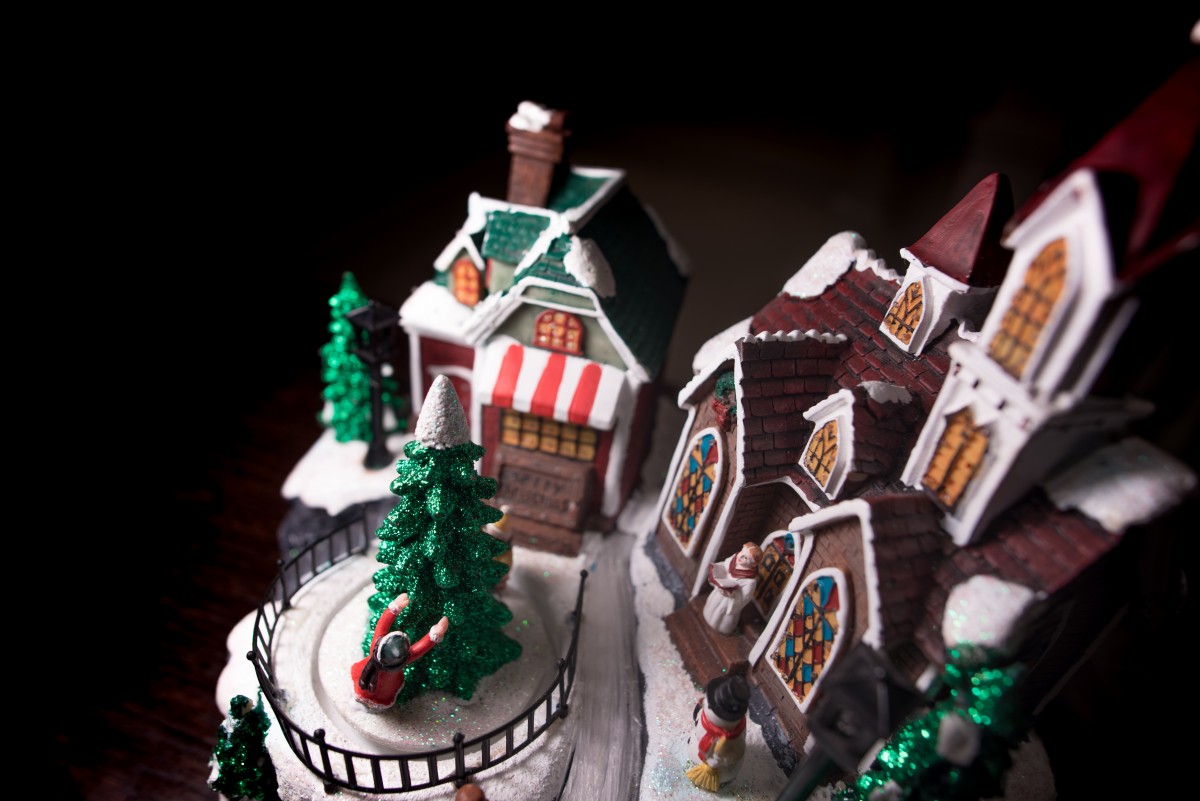
Food & Drink’s Emily Breeds discusses how to own your feelings around food, after the indulgence of Christmas
Culture aside, winter holidays are primarily about food. Memories at Christmas are shaped from peeling and crossing sprouts together, and watching the pudding go up in flames. The first image that springs to mind with Thanksgiving is carving the turkey and pumpkin pie, as with frying latkes at Hanukkah. So why is the new year spent trying to work all of that off? It’s as though the bigger portion size is the special occasion, rather than the taste and creation of the food.
It is entirely true that physical health is important. Yet diet culture fools us into thinking self-hatred and restriction is healthy. It places moral value on certain foods and body types, capitalising on our guilt. After all, happy people make very bad customers. It feeds us the idea that by suddenly switching to salads we are being kind. It’s notorious for punishing us when we slip up, glossing over the guilt with playful language, labelling certain foods as ‘cheeky’ or ‘a little bit piggy’. Part of unlearning diet culture is to stop categorising food into good or bad, as eating ‘bad’ foods only increases our guilt. As a result, we justify how much we eat with ‘it’s Christmas’, as if we need an excuse to enjoy a roast. More dangerously, we are led to believe that crash diets and hardcore gym regimes will get us ‘back into shape’ in the new year, as though the food seriously altered our bodies. Festivities are times of joy and kindness, which seem futile as we cannot be kind to our own bodies by indulging without guilt. Part of unlearning diet culture is to stop categorising food into good or bad, as eating ‘bad’ foods only increases our guilt
Society loves to demonise mundane things we take pleasure in, like sex and eating. If we indulge in too much sex, we are dirty; too much food, we are greedy. The unrealistic emphasis placed on eating as a determiner of health makes something pleasurable a source of guilt. This is likely tied to body image: ‘unacceptable’ body types are associated with greed and gluttony. A person with an ‘acceptable’ body type may look healthy, but that is weak evidence to suggest they are. Just because they appear to not overeat doesn’t mean they do not, or are not unhealthy. There are many other things that lead to poor health: smoking, excessive drinking, hereditary disease, or even living in a city.
Holidays are especially hard for people dealing with issues around eating and body image. Difficulties are emphasised with the conflict between hearty eating and a narrative of post-festivity restriction, pushed not just by diet culture but those around us. How many times have we heard ‘I must not eat this’ or ‘at least I’m burning this off later’? For someone who has struggled with their body image over the years, I know all too well the feelings of guilt for failing exercise regimes discovered through researching weight loss techniques and for binging Christmas chocolate after vowing to totally cut it out. My issues were pushed by those around me, especially in the environment of dance class. Post-Christmas, my teacher would make us do even more sit-ups and press-ups in order to burn off the fat we had allegedly gained and get our bodies back to ‘normal’. So, if you are struggling with your eating over winter, no matter how much you have eaten, you are still allowed to eat the next day, and there is no pressure to exercise. You do not have to justify your eating habits or portion sizes this holiday, nor any other day.
Your body is a wonderful thing. It moderates what you eat by making you full, and it tells you what it needs by giving you cravings and hunger. There is no need to be afraid of your own appetite. It is there to keep you alive. All you need to do is listen to your body’s needs and fulfil them the best you can, which is known as ‘intuitive eating’. Be kind to your body and it will be kind to you back. By being aware that diet companies only seek to make money from making us feel bad about ourselves and our true pleasures in life, we can start to live and eat without guilt. There is no need to be afraid of your own appetite
This being said, we have a long way to go with unlearning diet culture and food guilt, especially when we are living in a world shaped by centuries of it. But at the end of the day, you are worth so much more than the food you put on your plate. You are allowed to eat, and enjoy it. Food is something to relish, not simply ingest and digest. You can have a roast whenever you like. There doesn’t need to be a special occasion made out of it. Ultimately, it is your body and you are the only one who dictates its terms.
Comments